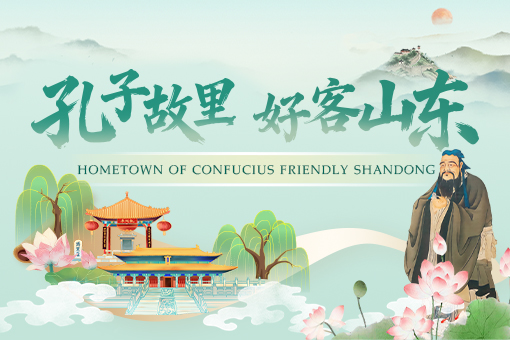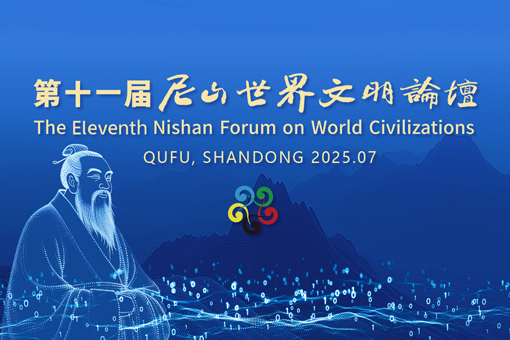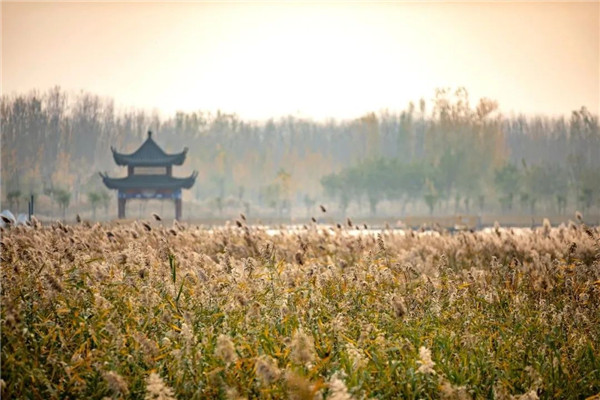Buyang village: A cultural bridge connecting Tai'an to the world
Buyang village in Tai'an city, Shandong province, has been bolstering the development of traditional Chinese culture, helping overseas Chinese to stay in touch with their cultural roots and creating an international platform for exchange and communication.
The village, which is focused on driving growth through rural vitalization, boasts diverse folk customs, picturesque landscapes, and charming vintage houses, and has attracted nearly 7,000 overseas Chinese from 35 countries as well as international visitors over the past few years.
On April 18, more than 30 foreign middle school students participated in a study trip in Buyang and took part in activities that saw them plant rice seedlings, paint murals and cook local cuisine. Many of them were overseas Chinese who had lived abroad with their parents since an early age.
The history of Buyang's connection with Chinese education and international cultural exchange can be traced back to the 1960s and 1970s. Located at the confluence of the Yangtze River, the Yellow River and the Wenhe River, the village is known as the birthplace of shigandang, ornamental stone tablets used to ward off evil spirits. Buyang is also renowned for its unique geographical advantages, abundance resources and rural sights.
In 1978, the Foreign Affairs Office of Shandong Provincial People's Government named Buyang as one of the first villages in Tai'an to be opened up to the outside world. In 2001, the Overseas Chinese Affairs Office of the State Council designated it as a national-level Chinese education base.
Over the past 40 years, official delegations and numerous groups from the United States, Canada, the United Kingdom and other countries have set foot on this historic land and witnessed how this village is a microcosm of the rapid development of Chinese rural areas since China's reform and opening-up.
In recent years, Buyang has strengthened infrastructure construction and guided more overseas Chinese to devote themselves to rural vitalization. It is now known as a National Civilized Village and the Tai'an City Overseas Chinese International Cultural Exchange Base.
Peng Yongjun, Party secretary of the village, said: "We will continue to upgrade rural study programs and provide a better interactive platform for cooperation and exchanges between overseas Chinese and foreign friends."

A photo taken in July 1995 shows a group of American high school students, composed of some overseas Chinese children, visiting Buyang village in Tai'an. [Photo/Tai'an Daily]

A photo taken in July 1995 shows the children of overseas Chinese in the United States having meals with farmer Wang Chuanhe's family. [Photo/Tai'an Daily]

A photo taken in the summer of 2014 shows that Buyang village's college students had a friendly basketball match with international middle school students who came to visit the village. [Photo/Tai'an Daily]



 Embark on cultural trip in Shandong
Embark on cultural trip in Shandong Global civilizations shine at Nishan in Shandong
Global civilizations shine at Nishan in Shandong Explore Taishan Mountain's autumn splendor
Explore Taishan Mountain's autumn splendor

